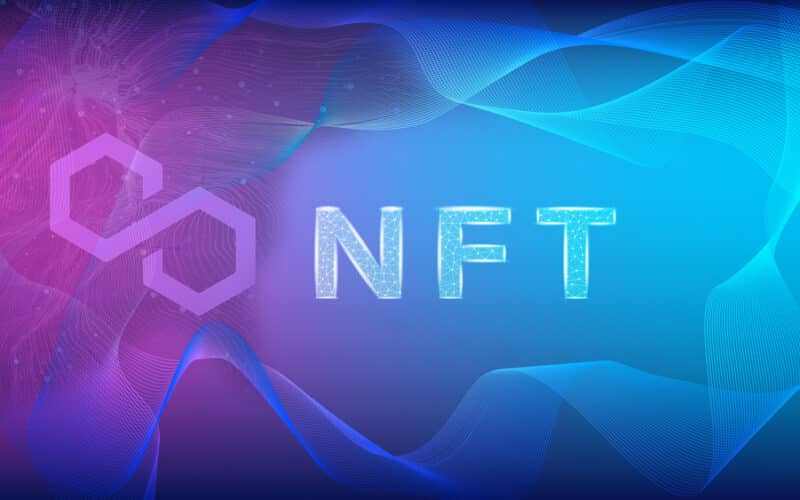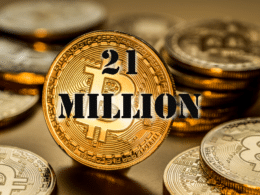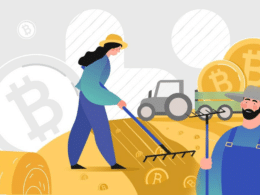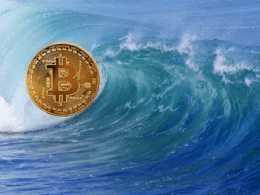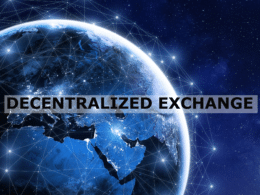Launched in 2019, Polygon is a layer-2 scaling solution that addresses some of the issues that have affected established blockchain networks. For instance, it helps Ethereum scale its operations beyond capacity issues. As a layer-2 solution, it is built on top of the Ethereum blockchain allowing developers to develop scalable and user-friendly decentralized applications.
Low transaction fees and high-security features are some of the attributes that have made Polygon stand out compared to other established blockchain networks. Consequently, it’s become a go-to platform for developing non-fungible token marketplaces as it can handle more transaction capacity.
Developers are increasingly flocking the Polygon network to develop a scalable marketplace for handling NFTs whose popularity and use cases are growing by the day. Below are the top NFT marketplace built on top of the Polygon network.
OpenSea
It is the most established non-fungible token marketplace that leverages polygon capabilities. Being the first and the largest, it boasts a collection spanning a wide range of categories, including art, collectibles, music, photography, sports, and virtual worlds. OpenSea added support for Polygon to offer gas-free transactions for users to counter the high transaction fees on the Ethereum blockchain.
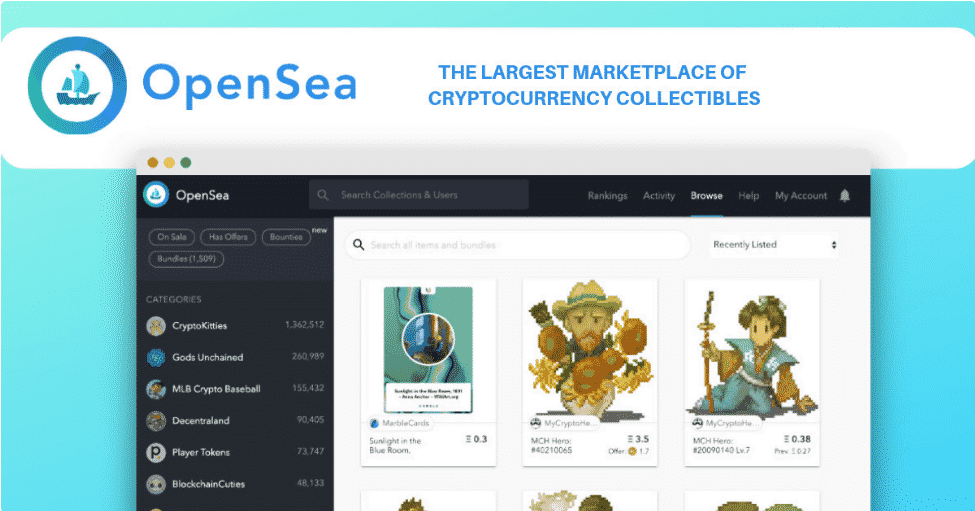
OpenSea’s edge as one of the best NFT marketplace stems from making it easy for people to transact on the Polygon while also bridging the current gap from Ethereum to Polygon. Conversely, the marketplace only accepts Polygon ETH for transactions OpenSea boasts the most sales for Polygon NFTs as it boasts a massive user base.
In addition, OpenSea has also made it easy for people to tokenize various real-world objects into NFTs. The tokenized items can be listed on the marketplace for sale through auction.
NFTrade
NFTrade is another NFT marketplace that leverages Polygon scaling capability to lower transaction fees and increase transaction speeds. As an aggregator of all NFTs, it is also the first cross-chain blockchain NFT platform. It currently supports NFT collections from Ethereum, Binance, Polygon, and Avalanche.
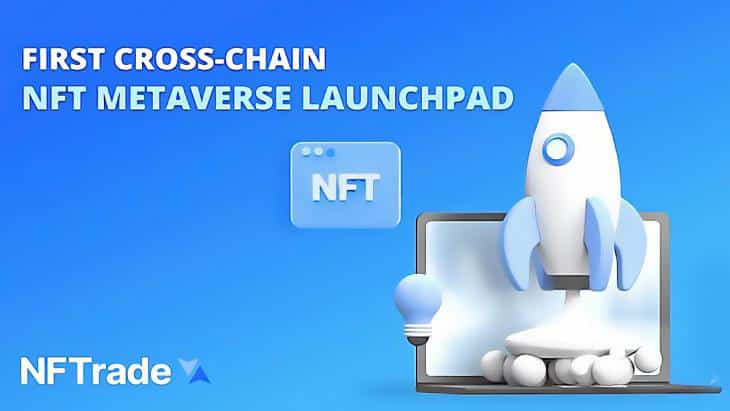
In addition to operating as a marketplace, it allows people to create exchanges and farm NFTs. People can also transfer NFTs in real-time to various blockchains. In addition to supporting buying and selling, the marketplace also allows people to create NFTs using NFTD, the native governance and utility token. NFTrade also allows people to swap various NFTs based on the value of each item.
It stands out as one of the best marketplaces partly because it does not charge any transaction fees, as is the case with other platforms.
Aavegotchi
It is a crypto collectible game built on top of the Ethereum blockchain. It allows people to purchase and grow the network’s non-fungible tokens avatars dubbed Aavegotchi used to interact with the network’s digital universe. Each Aavegotchi is a digital collectible that comes with unique attributes.
Aavegotchi is the largest true Polygon NFT marketplace as it does not require people to bridge Ethereum to trade NFTs. Backed by a massive user base, it has accumulated over $120 million in Polygon NFT sales since its inception.
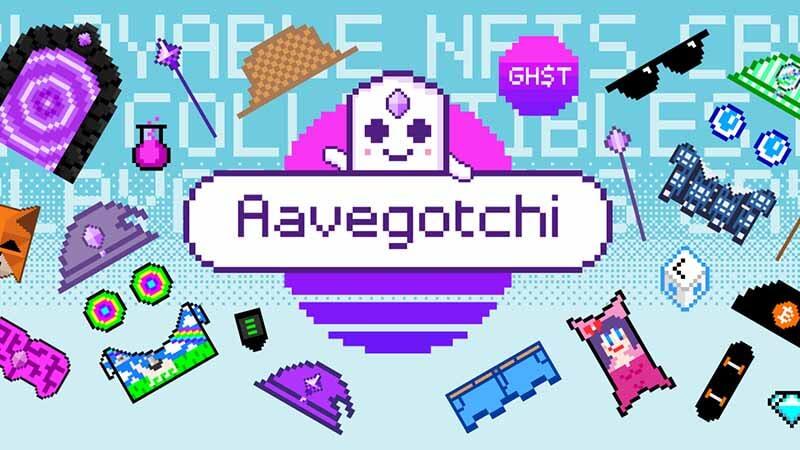
In the marketplace, people can buy and sell ghosts-themed NFTs at some of the highest volumes using the network native token GHST. In addition, token holders can stake the token to buy Aavegotchi and earn additional rewards.
PlaydApp
PlaydApp is one of the largest NFT marketplaces for video games and in-game items. It also deals with in-game microtransactions. While operating as a gaming platform, it also comes with its own integrated NFT marketplace.
Top on its agenda is to create NFT games and bring more people into the crypto gaming space. PlaydApp boasts of a marketplace full of in-game NFTs. Users can also play various games, including CryptoDozer, and ASTA.
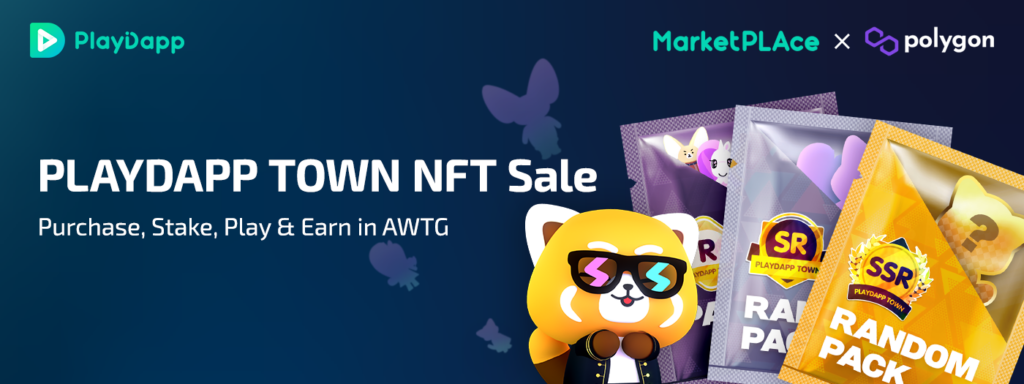
It allows developers to build games on top of PlaydApp and still integrate NFT into the games. The gaming and NFT marketplaces are built on top of the Ethereum blockchain and have also added support for Polygon to reduce transaction fees and enhance transaction speeds.
PLA is the native token that powers the PlaydApp gaming platform and non-fungible marketplace. It acts as a medium of exchange in the network whereby transactions on the marketplace are settled on. In addition, game developers receive the token whenever users make in-game purchases.
MegaCryptoPolis
MegaCryptoPolis is one of the largest marketplaces for Polygon non-fungible tokens. It also operates as a game that runs on multiple blockchains, with every action completed using a smart contract. Consequently, each action on the platform results in a verifiable blockchain transaction.
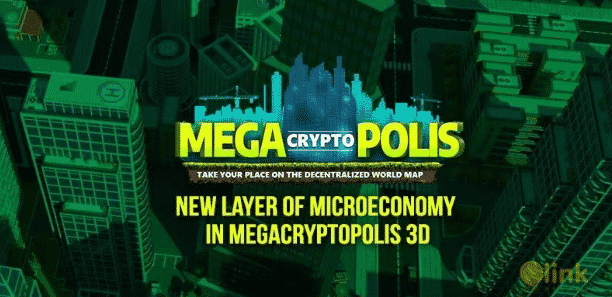
In the platform, players can produce materials like metal and energy for other players. They can also construct buildings and rent them out while also trading properties on the open market. The NFT marketplace is powered by its own governance token dubbed MEGA. With the token, you can buy and sell various NFTs.
After running into high gas fees and long transaction time, MegaCryptoPolis implemented a layer 2 Polygon solution. The scaling solution successfully eliminated gas fees and enhanced transaction speeds.
Bottom line
The blockchain ecosystem is evolving by the day. As more people join the fray looking to take advantage of the digital ledger technology, established blockchains will become more congested and drive gas fees higher.
Consequently, more layer-2 solutions are expected to crop up and become more popular. Polygon is one solution that stands to benefit amid the growing need to transact NFTs at some of the lowest costs and fast speeds.
The scaling platform allows developers to come up with NFT marketplaces with high transaction speeds and low fees while maintaining the highest security level. The use of the proof of stake consensus mechanism has enabled Polygon to reduce gas fees by over 99% compared to Ethereum. The scaling solution allows interoperability with other blockchains and has made it a preferred platform for hosting NFT marketplaces.




